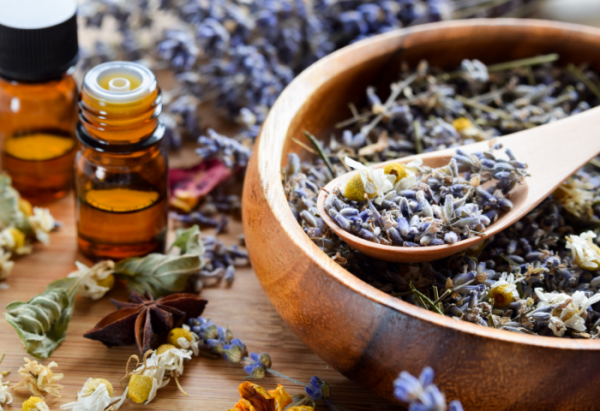
Mental illness is very common. Almost half (45%) Australians will experience a mental illness in their lifetime, with the most common mental illnesses being depression and anxiety.
Depression has the third highest burden of all diseases in Australia. Clinical depression is portrayed as a disproportionate ongoing state characterised by persistent sadness and lack of interest or pleasure in previously rewarding or enjoyable activities. Factors that may contribute to depression include stressful life events, serious and chronic illness, endocrine abnormalities such as thyroid imbalance, drug and alcohol use, food allergies, chronic stress, genetic predisposition, cancer, and side effects of medications. There is a stronger association with nervous system disorders such as anxiety and depression in patients with Irritable Bowel Syndrome (IBS), with up to 70% of people with depression or anxiety also reporting digestive issues.
Pharmaceutical antidepressants such as selective serotonin reuptake inhibitors (SSRIs) are commonly prescribed as standard treatment, along with psychotherapeutic intervention. A substantial amount of people with mental illness have reported this not being enough to achieve remission.
There is a surge of evidence showing that the combination of nutritional supplements and some key herbs in combination with several key classes of antidepressants, including SSRIs and SNRIs can positively enhance the drug's effect, and as a result, help patients improve in their mental health. This combination may help manage the health problem, so in this situation increasing the intake of a particular herbs via food or supplement may enable a reduced dose of medication.
We cannot ignore that some herbs and supplements can interact adversely with drugs and therefore compromise the person's health status. Naturopaths work with integrity and safety first, using evidence-based, integrative approaches to reduce any risk of drug nutrient herb interactions.
Let’s look at some studies on using anti-depressants in conjunction with herbs and supplements; A meta-analysis reviewed the results of 40 clinical trials that evaluated the effects of taking nutritional supplements in conjunction with SSRIs, SNRIs and tricyclic antidepressants. It showed that Omega 3, Vitamin D, and Folate upped the potency of the medications compared to placebo. Folate in particular showed an enhanced response to antidepressant drugs in patients previously unresponsive to SSRIs by boosting the response rate by 40%.
In a 2020 human clinical trial, the herb Rhodiola improved the quality of life and clinical symptoms in patients with depression disorder (also taking sertraline, a selective serotonin re-uptake inhibitor (SSRI) known as Zoloft) over a 12 week period.
Let’s not overlook at the strong evidence-based research on clinical trials that reveal possible beneficial interaction of herbs and supplements that improve clinical outcomes by possibly counteracting nutritional deficiencies caused by drugs usually due to increased or excretion or decreased absorption or altered metabolism of nutrients.
Vitamin B deficiency is so common because B Vitamins are easily destroyed by common lifestyle behaviours such as drinking alcohol and caffeinated beverages, smoking, and eating foods rich in refined sugars. Studies have shown that Vitamin B deficiency can also be caused by long-term us of anti-depressants and that “preventive vitamin B supplementation and sufficient intake seem very important for secondary and primary prevention of neuropsychiatric disorders, especially in subjects with a low intake or status of the vitamins."
From a Naturopathic clinical perspective, the goal of treating depression, whether you are on medication or not, is to as safely as possible reduce depressive symptoms and enhance mood, in conjunction with medication and other professional treatment. Naturopaths also aim to improve energy levels, promote positive balanced cognition and encourage beneficial lifestyle changes.
Know that change is inevitable and you should not have to do it alone, a Naturopath and other integrative health practitioners can help facilitate your health and wellbeing journey.
Written by Naturopath, Feriyal Glaidous

